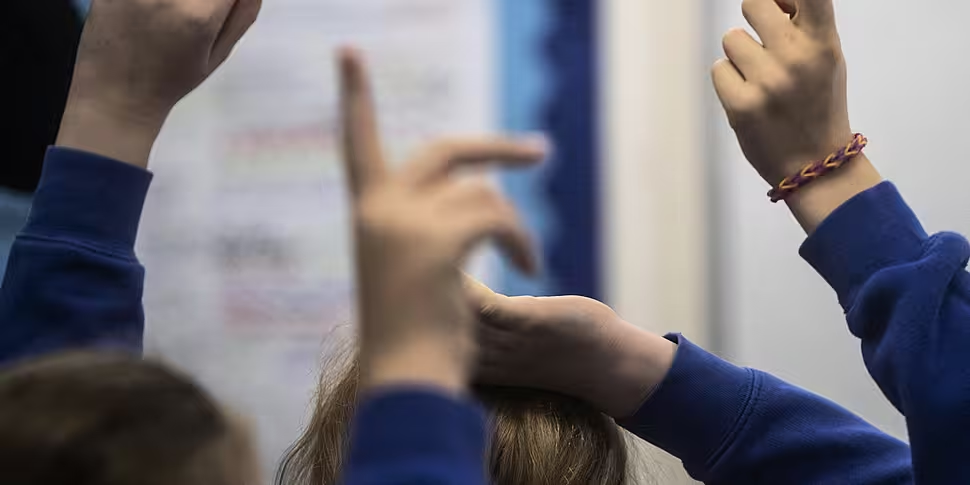Empathy classes are set to be introduced for Transition Year (TY) students, as experts claim it’s learning how to use a muscle.
The National Council for Curriculum and Assessment is currently redesigning the TY programme, which is due for public consultation soon.
As part of this, pilot classes into a module about the trait have been introduced.
University of Galway Professor Pat Dolan conducted the pilot with 1,600 students, half of whom had the empathy class and half of whom were a control group.
“Not only did their empathy improve, but their pro-social behaviour also improved, their capacity to want to intervene for other young people improved,” he told The Hard Shoulder.
“You get less hate speech, less negative profiling, all the things we don’t like, and you feel better about yourself.
“If you learn empathy, you do better in your grades as well.”
Prof Dolan explained the programme teaches four things: what empathy is, learning how to practice empathy, barriers to empathy and putting these lessons into practice.
“Empathy is not sympathy,” he said. “Sympathy is what you feel, what you feel yourself when you witness somebody in difficulty.
“It is about getting into the other person’s shoes, seeing where they’re coming from, and actually doing something about it.
“You're not just born with the trait, that you're born, and you have it or you don’t and your static.
“It’s like a muscle.”
Empathy through story-telling
Author Colum McCann has also been involved in introducing empathy to the school curriculum through Narrative Four.
Based in Limerick, the group encourages young people to learn more about the skill through storytelling.
“We find it works best with storytelling,” he said. “You tell your story and I'll tell mine.
“They can talk with one another and tell each other stories, or they can go to another classroom across the city or another across the country.
“We’ve also developed a portal whereby they can talk and exchange stories with young people all over the world.”
Mr McCann said using this strategy in schools resulted in absenteeism dropping and test scores rising.
“Really incredible things happen when you listen to someone’s story and tell someone else,” he said.









